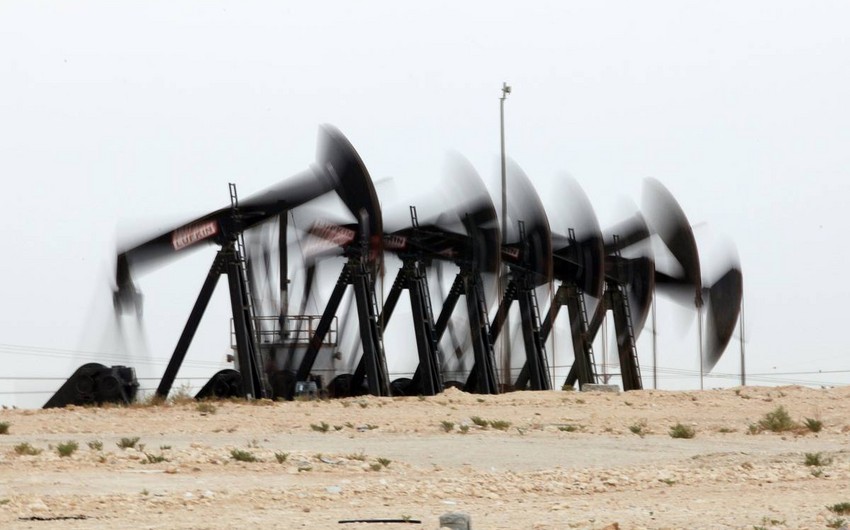The share of Middle Eastern crude in India's oil imports fell to a 25-month low in May, tanker data provided by trade sources showed, as refiners tapped alternatives in response to the government's call to diversify supplies, Report informs referring to Reuters.
India, the world's third-biggest oil importer, in March directed refiners to diversify crude sources after the Organization of the Petroleum Exporting Countries (OPEC) and its allies, led by top exporter Saudi Arabia, ignored New Delhi's call to ease supply curbs.
Asia's third-largest economy imported about 4.2 million barrels per day (bpd) of oil in May, just below the previous month but about 31.5 percent higher than a year earlier, the data showed.
The Middle East's share dropped to 52.7 percent, the lowest since April 2019 and down from 67.9 percent in April, the data showed.
Imports from Saudi Arabia, India's second-largest supplier after Iraq, slipped by about a quarter from a year earlier, while supplies from the United Arab Emirates, which dropped to No. 7 position from No. 3 in April, fell by 39 percent, the data showed.
This comes after Indian state refiners nominated to lift less oil from Saudi Arabia in May.
Lower oil purchases from the Middle East dragged OPEC's share of Indian oil imports to a record low.
To replace Middle Eastern oil, refiners hiked imports from Latin America, the United States, and the Mediterranean.
Indian refiners bought higher volumes of gasoline-rich US oil in March, expecting a recovery in local gasoline demand to continue in the months ahead, said Ehsan Ul-Haq, lead analyst for Oil Research and Forecasts at Refinitiv.
Strong demand for light crude saw Nigeria improving its ranking by two notches to become the No. 3 supplier to India in May.
Private Indian refiners Reliance Industries (RELI.NS) and Nayara Energy, however, boosted purchases of Canadian heavy oil to a record 244,000 bpd, equivalent to about 6 percent of India's overall imports.
"Indians bought Kazakhstan's CPC blend and Canadian oil due to attractive discounts in comparison to dated Brent and WTI, respectively," Ul-Haq said.


 https://static.report.az/photo/11bb50f0-ea53-3578-a58d-3f9290d05df0.jpg
https://static.report.az/photo/11bb50f0-ea53-3578-a58d-3f9290d05df0.jpg

